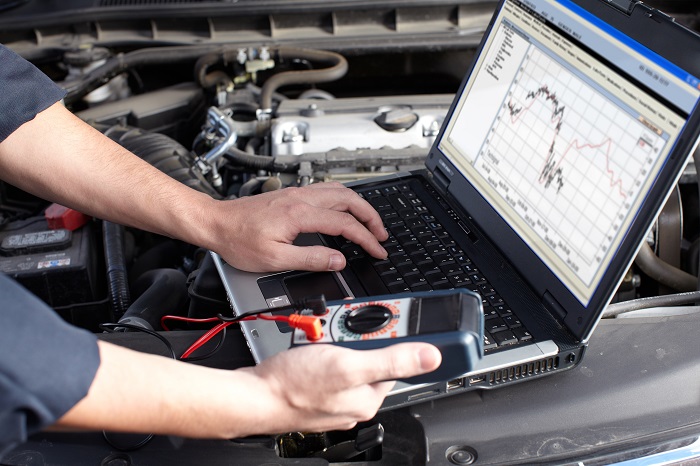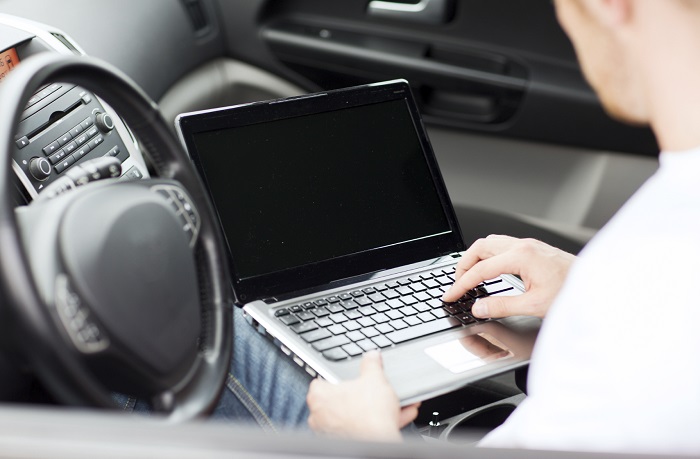Did you know that if you own your car, you don’t own the software that makes it work? It actually belongs to the car’s manufacturer, and technically speaking, they’re allowing you to use it.

So, let’s say you’re technically savvy and wanted to alter the software in some capacity, whether it’s fix a hiccup you noticed in the code or patch up a security hole, the actual modification of the software is considered an act of copyright infringement.
A host of companies found this to be ridiculous and have been lobbying the government to change things. Last year, the US Copyright Office agreed to the group’s argument, and came out with a ruling that stated car owners should be allowed to modify the software that runs their cars.
As of this past Friday, this ruling came into effect; however, it expires in two years.
Translation: if you were thinking about hacking your car, now’s the time.

The Copyright Office’s decision draws a line in the sand in the gray area that exists between physical and digital ownership; it’s the same area of concern that DVD owners argued in the past with movie companies. In this instance, if you purchase a DVD, you own the disc, but not the movie that comes on it — that is, the movie production company is allowing you to view the film. This is because the code that makes up the movie on the DVD is protected by Digital Rights Management software, and the Digital Millennium Copyright Act (DMCA) states you cannot circumvent this software, even if you’re trying to be able to make it so that you can watch the movie on a different device, or change the region restriction so that you can watch it in a different country, etc.
This sort of thinking is the same when it comes to vehicle software. Owners cannot make changes to the car’s programming, even if it’s to repair problems or counter obsolescence; owners aren’t even allowed to investigate the security of the hardware.
Per the aforementioned lobbying efforts, the companies involved argued to the Copyright Office: “It should not require extensive litigation to make clear that purchasing a product gives you basic property rights to do things like repair and modify the thing you’ve bought.”
The Copyright Office agreed, issuing an exemption to the DMCA that will:
Allow circumvention of TPMs [technological protection measures] protecting computer programs that control the functioning of a motorized land vehicle, including personal automobiles, commercial motor vehicles, and agricultural machinery, for purposes of lawful diagnosis and repair, or aftermarket personalization, modification, or other improvement. Under the exemption as proposed, circumvention would be allowed when undertaken by…the lawful owner of the vehicle.
As with any piece of legislation, there are a few stipulations, which were included in response to opposition from automakers and vehicle manufacturers. For one, owners aren’t allowed to modify the vehicle’s entertainment system; the argument being that one could theoretically commit copyright infringement in doing so. Also not allowed is any sort of modification to the vehicle’s telematics or emissions control system.
The DMCA exemption began last year and was scheduled to last three years; it was enacted last week because the Copyright Office wanted to give the Environmental Protection Agency and Department of Transportation 12 months to prepare for the supposed chaos which would be caused by owners hacking their vehicles.
While the Act is set to expire in 2018, the good news is that the aforementioned lobby group is already working with the Copyright Office to make this piece of temporary legislature, permanent. No timeline has been established as to when this will be made official, though.
Via AutoBlog
Advertisement
Learn more about Electronic Products Magazine





